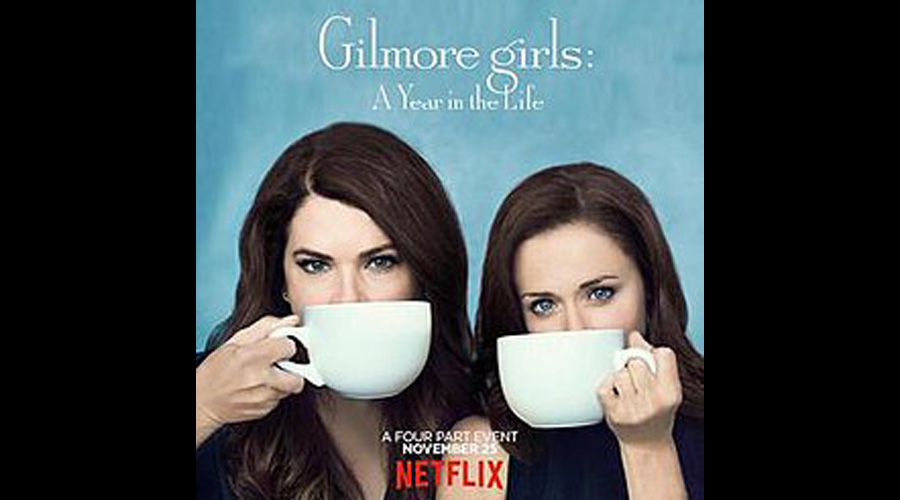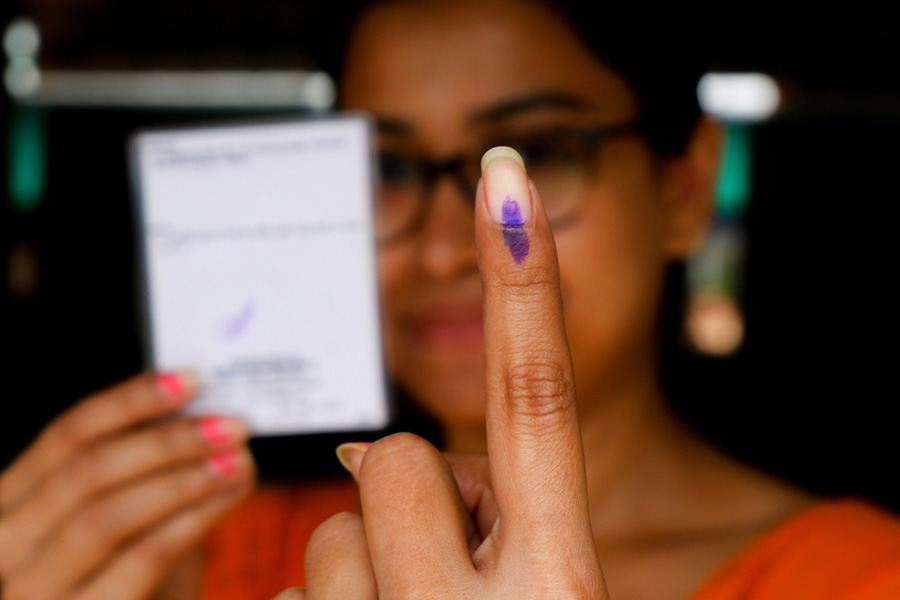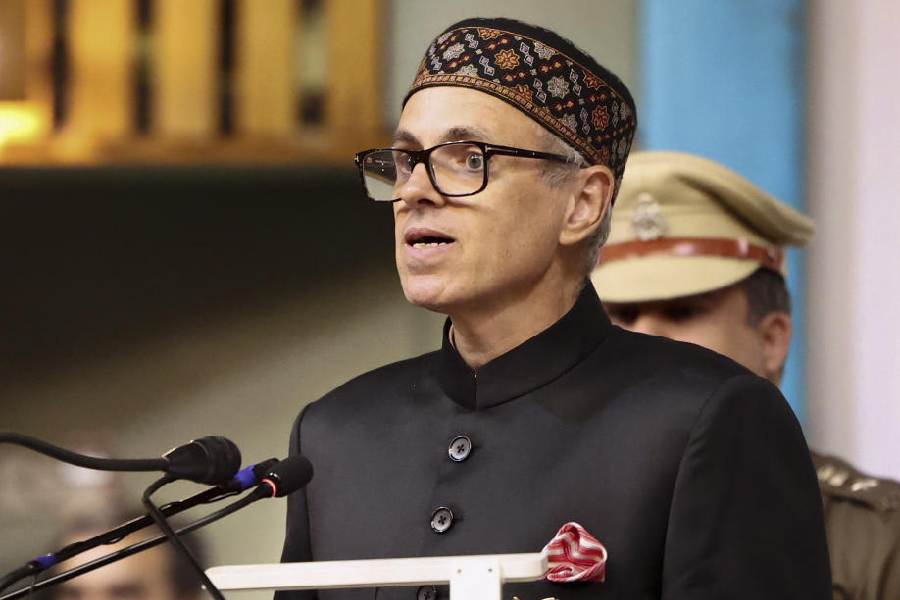Something on Netflix I keep going back to is Gilmore Girls — like many other women and girls across the world, age group 11-110. Because of Lorelai Gilmore. She is the tower around which the series is built and the fireworks never stop. She appeared first in the year, 2000, on TV, as a 32-year-old single mother who had had a daughter at 16 after running away from her controlling rich parents and now manages an inn in a quaint, idyllic all-American small town called Stars Hollow in Connecticut. The series ended in 2007 and came to Netflix much later.
Lorelai is a free spirit, fiercely intelligent, a stunner. The inn she works at is called, well, “Independence Inn”. She and her daughter are perfect friends. She is a great mother. All this could have been a recipe for disaster, chicken soup for the girls’ soul (men don’t watch Gilmore Girls much). Would Lorelai herself, who binges on David Lynch’s Twin Peaks with her daughter, have watched the show?
Lorelai can also be crass, callous, self-centred, irritating in her insistence that her daughter, Rory, is a genius when she is merely ordinary. Lorelai is from White America. The show tries hard to pull itself out of the politically correct, yet Lorelai’s references to, or ignorance of, say a place like India, does not seem entirely ironic. Her faith in American institutions, from Harvard to burgers, can be cloying. She is not above using the money of her blatantly capitalist parents, whom she otherwise savages, though they are not unloving. After her father dies, asked to tell a favourite story about him, she remembers how he had surprised her, a 15-year-old, at the poolhouse, where she was on the couch with Teddy Wiedemier III, on the occasion of the family July 4 party. Everyone, previously teary-eyed, begins to choke.
But you always forgive Lorelai, doused in coffee and drowning in junk food, flashing her wit, because she makes you laugh. Even her men do so, though all of them, except one, are dumped and from a great height. She is liberating.
She does not spare anyone, including America: “This is America, where we unapologetically bastardize other countries’ cultures in a gross quest for moral and military supremacy.” Or America’s sweethearts: “Did anyone ever think that maybe Sylvia Plath wasn’t crazy, she was just cold?” She is not averse to a little intellectual adventure or an amorous one, and they may coincide, but there are limits: she will not allow herself to read Proust. She spares herself the least. She knows she can be a fool. “I’m afraid once your heart is involved, it all comes out in Moron.” She often speaks Moronic.
She uses her laughter to survive her circumstances, which are never easy, despite her selective acceptance of parental help; domesticity (which she dispenses with), men, other people and herself. The last person she is particularly aware of. Lorelai is most touching when she is knowing, about herself.
Most important, she is there for everyone she loves, even if the relationships are complicated. Her comic vitality springs not from her wisecracks alone, but also from a deep humanity. She keeps everything around her alive, from relationships and friendships to the unique ecosystems on rotting frozen pizzas. She may even have been Rosalind, the Shakespearean girl, another tart character whom Touchstone, the Fool, had described as the sweetest nut with the sourest rind. Michel, the lethally funny concierge at Independence Inn, and the token Black/gay character in the series, tells Lorelai: “To me you are the teacher in the Charlie Brown cartoon.” I think the two men, who are not lovers, are paying the same homage.
Lorelai is the centre of a little pastoral. Stars Hollow may not be the Forest of Arden, and Amy Sherman-Palladino, the creator of the series, though brilliant at dialogues, is not Shakespeare. But at a time when the inside of our homes can become terrifying enclosures, we, more than ever, need a place to escape, for reassurance and a feeling of safety, but without lies.
Lorelai, I think, would also love to watch Gilmore Girls.










